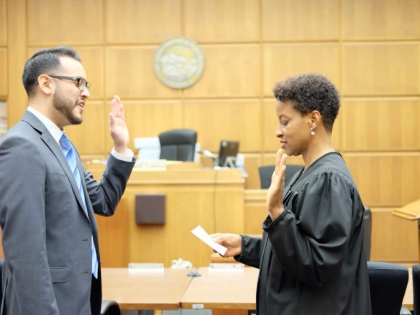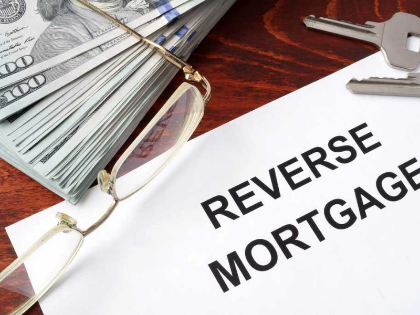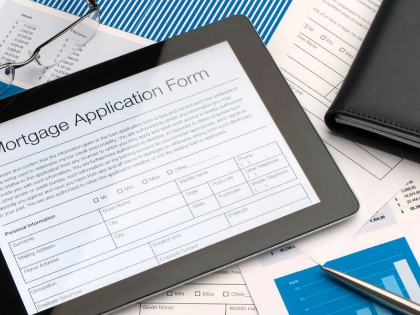Seek suggestions from people whose judgement you trust before beginning your quest. Next, do interviews with lawyers just like you would with job candidates.
Request Referrals

It's critical to be specific and refrain from making general requests for recommendations. Additionally, you should make it simple for your customers to recommend you by including a button or pre-written email template on your website. They can expedite the process and save time by doing this.
It's crucial to keep in mind that it's preferable to maintain cordial relations even in the event that someone rejects your request. Rather, express gratitude and show respect for their time. This will demonstrate that you respect their viewpoint and might result in a future reference.
You want to think about rewarding your current clients for referrals. This can help you enhance customer retention rates and provide them with a strong incentive to recommend your company. This could come in the form of a gift card, a free product, or a discount on their subsequent bill.
Seek out experience.

You should seek both personal chemistry and experience when choosing an attorney. In your initial meeting, observe the lawyer's manner of communication and whether they are able to clearly and concisely explain legal ideas to you. Their communication style and the speed at which they reply to emails or phone conversations should also be taken into account. While handling numerous cases at once is usual for attorneys, you want an attorney that prioritises your case and provides you with regular updates.
Numerous bar bodies have profiles of qualified lawyers and legal firms arranged according to specialisation. It's crucial to remember that the referral service is not an endorsement and does not ensure that you will have a certain calibre of encounter. Even so, you should conduct independent research by going to the websites of each lawyer and googling both the lawyer's practice and individual lawyers. You should also find out from the lawyer how they have handled cases similar to yours in the past and what experience they have with your specific legal issue.
Examine the charges.

Various lawyers will charge various fees, depending on the nature of the legal issue. But it's crucial to keep in mind that quality isn't always correlated with price.
The complexity of the case, the quantity of work involved in the matter, the lawyer's overhead and reputation, and other factors all have a role in how much lawyers charge. It's crucial to take into account additional case-related expenses like expert witness fees and court fees.
For specific circumstances, like examining real estate sales documents or writing a will, some lawyers could charge a fixed fee. Usually, this kind of setup is covered during the first consultation.
Finding a top-notch lawyer doesn't have to be hard. You ought to be able to get an attorney who fits your needs at a cost that fits into your budget with a little investigation and good fortune. Post your legal need on UpCounsel's platform of top attorneys to begin your search.
Examine the standing

When selecting an attorney, one of the most crucial things to take into account is their reputation. Online reviews are a terrific way to learn more about the reputation of a lawyer. You may learn a lot about an attorney from online evaluations, including their experience, costs, and communication style.
Consult with friends and relatives who have already collaborated with the lawyer to learn more about their reputation. They can let you know if they would recommend the services and if they were satisfied with what was offered.
It's also a good idea to check the website of a lawyer for publications, awards, client satisfaction surveys, and testimonials. However, as internet evaluations are frequently deceptive, proceed with caution when reading them. A lawyer with a bad review, for instance, might not even acknowledge the details of the case or provide an apology for the client's annoyance. This can harm the lawyer's standing. Rather, the lawyer ought to propose to privately ensure the client's happiness.
Recommended Reading: Seeking Redress For Faulty Goods
























Concise and thought‑provoking. Agree?
This reframes expected limits.
Curates rather than overwhelms.
Elegant constraint application.
You’ve distilled noise into signal.